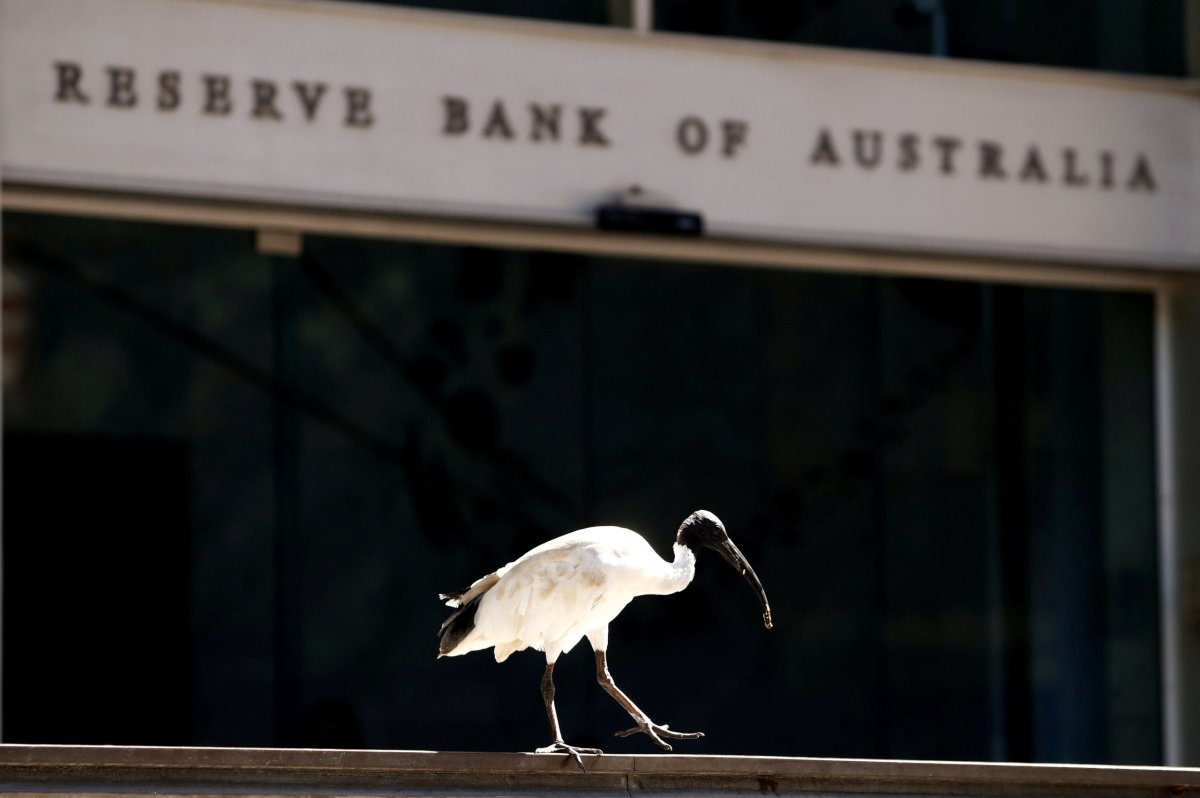(Reuters) – Australia’s central bank and regulators urged financial firms on Wednesday to double down on their plans for the phasing out of the Libor benchmark, as some still showed substantial exposure to the interbank lending rate.
Global investment banks have been fined billions of dollars for trying to rig Libor, or the London Interbank Offered Rate, which is used to price contracts worth about $300 trillion around the world, from home loans to credit cards.
Regulators want markets to stop using Libor by the end of 2021 and switch to less easily rigged alternatives, like the Bank of England’s Sonia rate, or Sofr compiled by the U.S. Federal Reserve.
Aggregate LIBOR exposure of institutions that responded to survey by the Australian Securities and Investments Commission (ASIC) was about A$10 trillion ($6.14 trillion), with 40% of it expected to mature after the end of 2021.
ASIC wrote to chief executives in May last year, asking them to respond by July on their preparations for the Libor phase out. ASIC published the findings on Wednesday in a short report together with the central bank and Australian Prudential Regulation Authority (APRA).
“We encourage all firms that may have exposure to LIBOR to assess the extent of their use of LIBOR and to take timely action to plan for a world in which LIBOR is no longer available,” ASIC Commissioner Cathie Armour said in a statement.
ASIC and APRA said they would monitor the situation and seek assurances from banks and other financial institutions that they were taking action.
Some firms showed significant planning was under way, but in other cases work had yet to start in earnest, the joint release said.
“If, by the end of 2021, institutions have not transitioned to alternative reference rates or put robust fall-back provisions in place for legacy contracts, significant reputational, operational and legal risks to financial institutions could be realised, risking disruptions in financial markets,” the report said.
The regulators added that they recognise disruptions from the coronavirus pandemic may affect the timing of some transition plans.
(Reporting by Nikhil Kurian Nainan in Bengaluru; Editing by Raissa Kasolowsky)



















